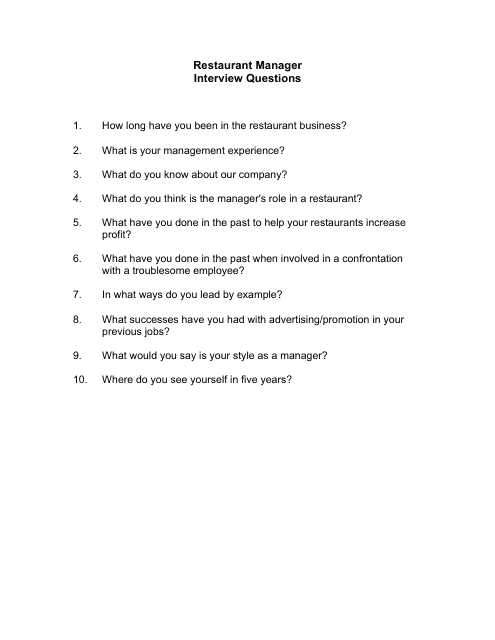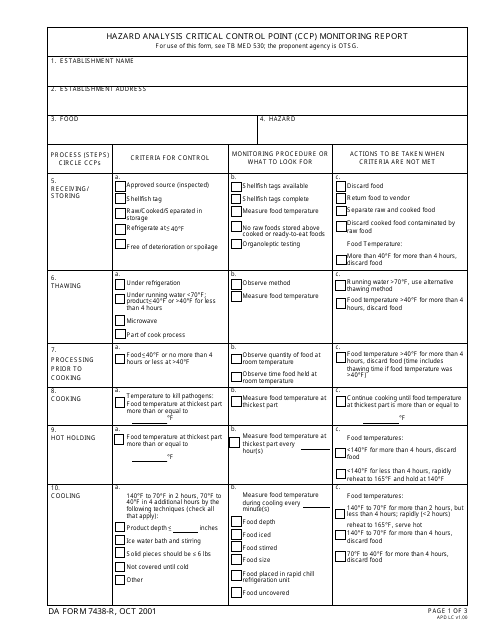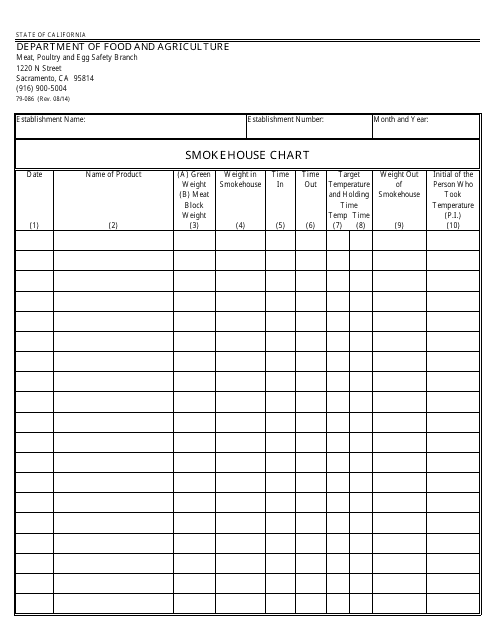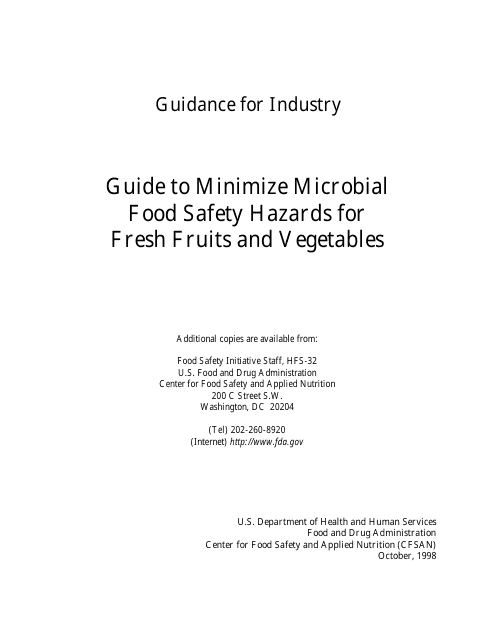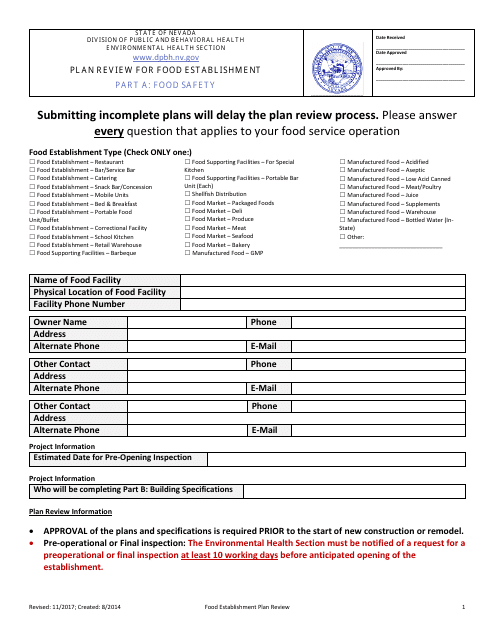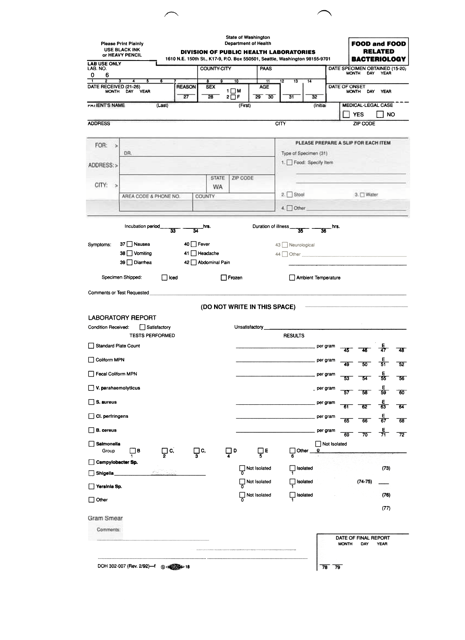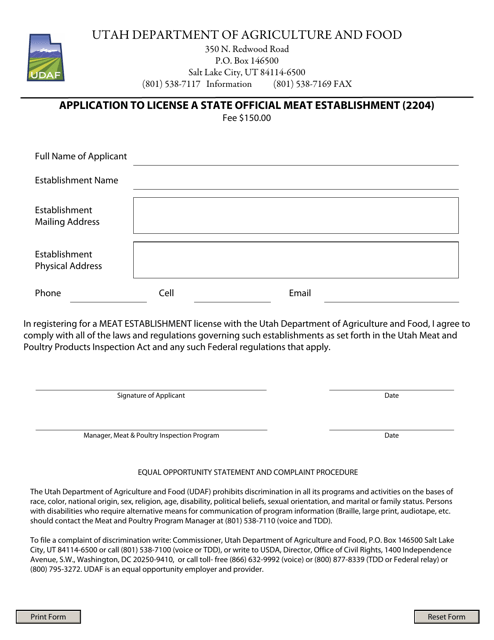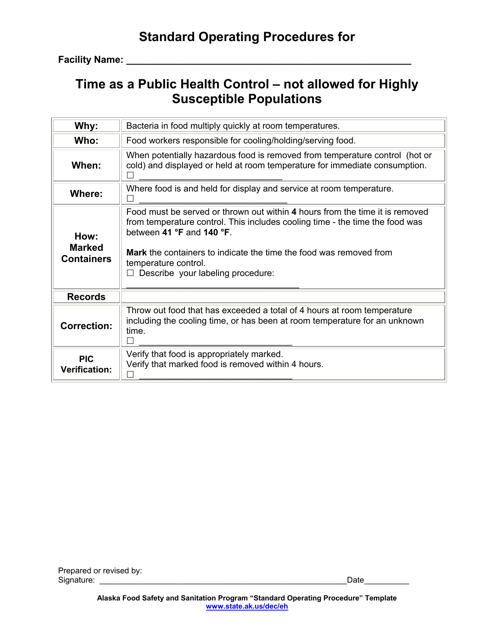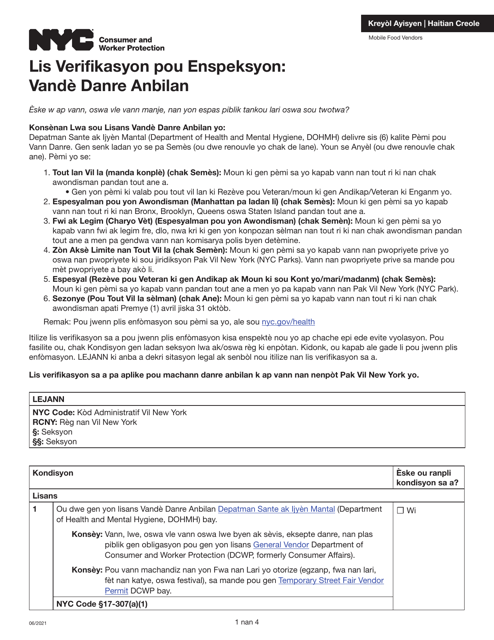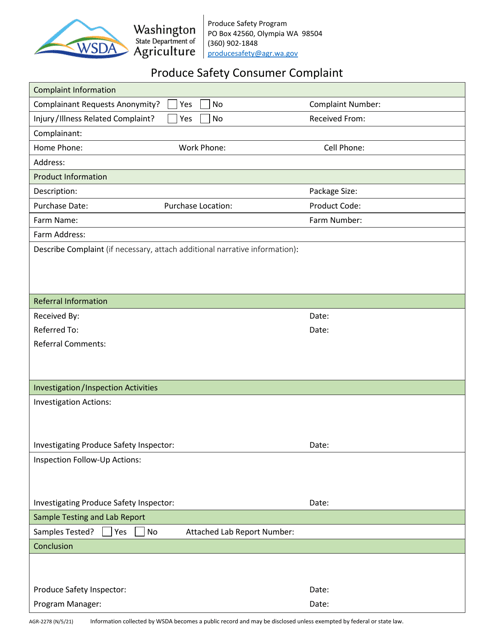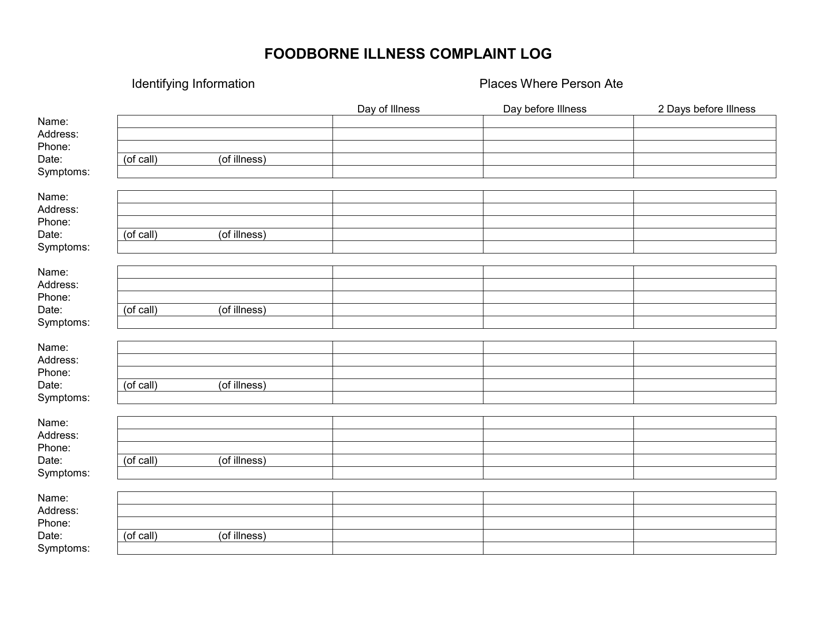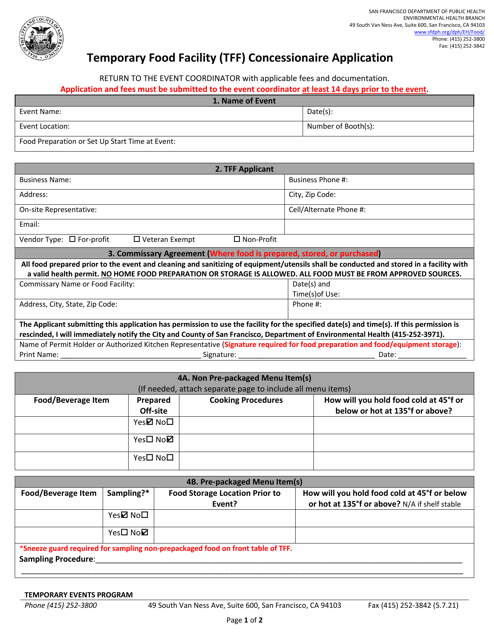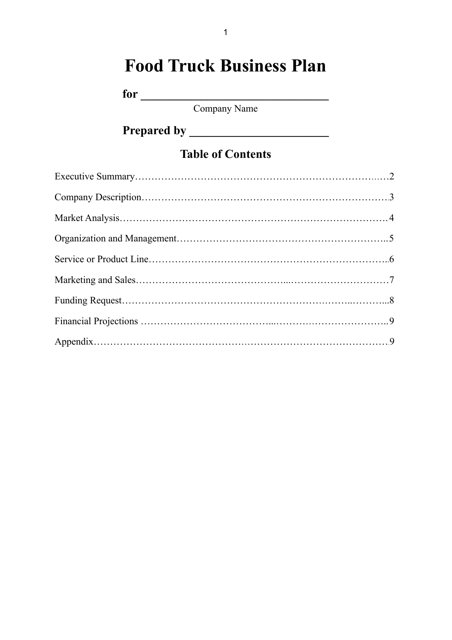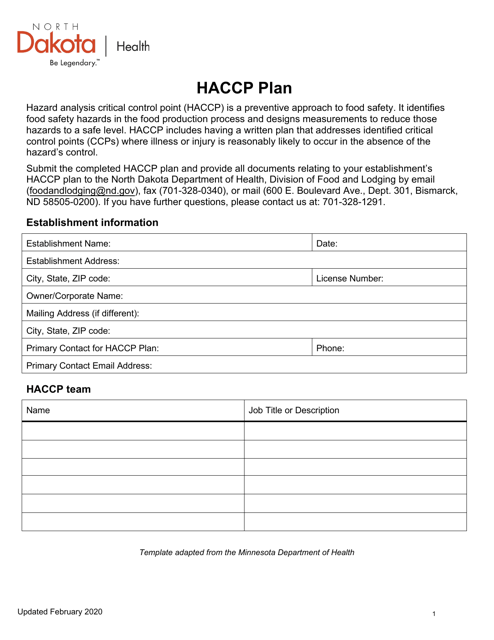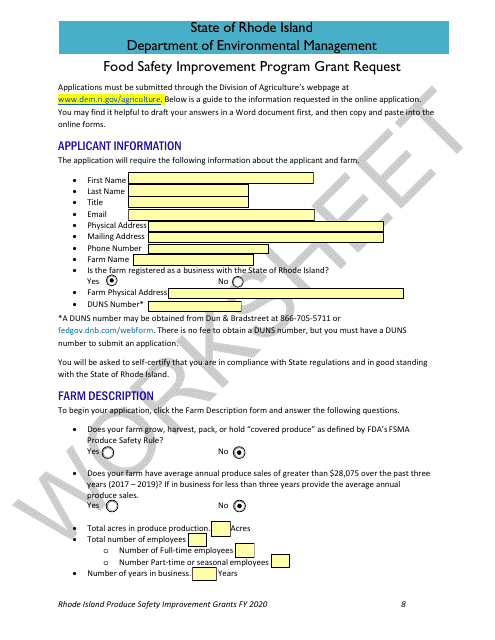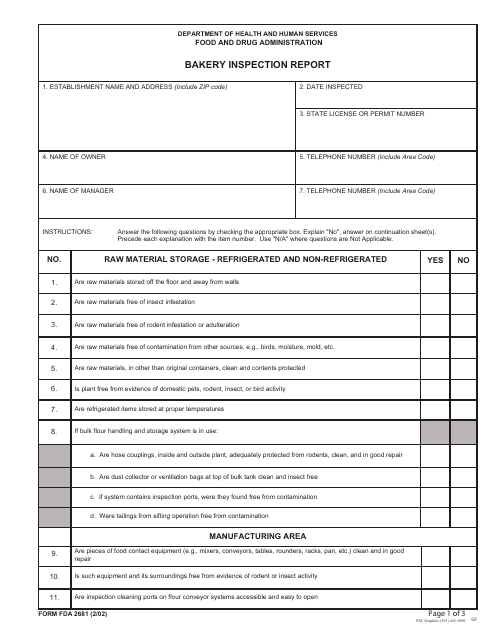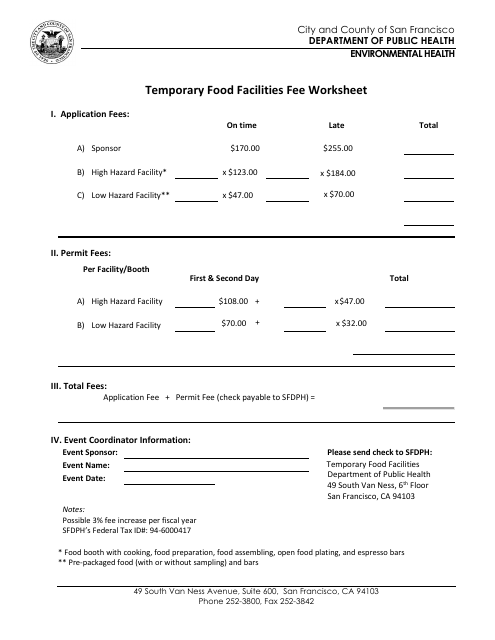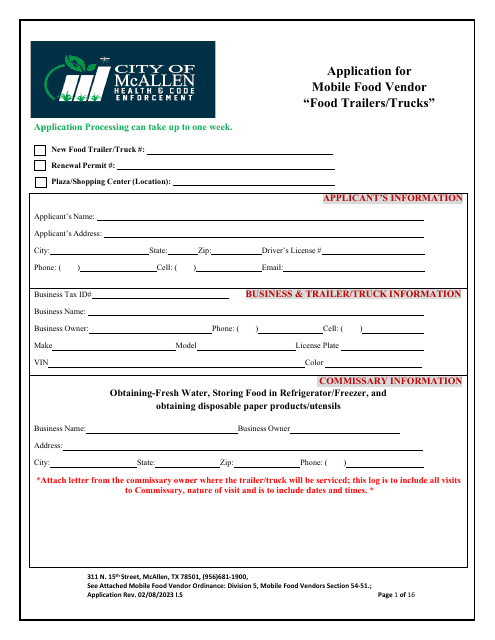Food Safety Regulations Templates
Food Safety Regulations
Ensuring the safety of our food is of utmost importance, and that's why food safety regulations are in place. These regulations, also known as food safety regulation or food safety rules, are a set of guidelines and requirements that govern the production, handling, storage, and distribution of food products.
Food safety regulations aim to prevent foodborne illnesses and protect public health by establishing standards for hygiene, sanitation, and proper handling practices. These regulations cover a wide range of areas, including food processing, packaging, labeling, and transportation.
At the heart of food safety regulations is the Hazard Analysis Critical Control Point (HACCP) system. This system, as outlined in documents such as the DA Form 7438-r Hazard Analysis Critical Control Point (CCP) Monitoring Report, helps food businesses identify and prevent potential hazards throughout the production process.
Each region or state may have its own specific regulations and requirements. For example, the Form 79-086 Smokehouse Chart in California provides guidelines for smokehouse operations, while the Application to License a State Official Meat Establishment (2204) in Utah is required to establish a meat establishment.
Food safety regulations also address the unique challenges presented by mobile food vendors. The Inspection Checklist for Mobile Food Vendors in New York City (Haitian Creole) ensures that these vendors meet the necessary safety standards to protect consumers.
If you're considering starting a food truck business, having a solid understanding of food safety regulations is crucial. The Food Truck Business Plan Template can help you navigate through the various regulations and ensure that your food truck operates in compliance with all food safety requirements.
In summary, food safety regulations, also referred to as food safety regulation or food safety rules, play a crucial role in protecting public health and preventing foodborne illnesses. These regulations, encompassing various aspects of food production and handling, are essential for ensuring the safety and quality of the food we consume.
Documents:
18
This document provides a list of sample interview questions for the position of restaurant manager. It includes questions that may be asked during an interview to assess a candidate's suitability for the role.
This form is used for reporting and monitoring Hazard Analysis Critical Control Point (CCP) in the military.
This Form is used for keeping track of smokehouse activities in California.
This document provides guidelines and tips on how to reduce the risk of microbial food safety hazards for fresh fruits and vegetables. It offers recommendations on handling, storage, and preparation to ensure the safety of these food items.
This document is used for conducting a food safety review of a food establishment in Nevada. It is part of the plan review process to ensure compliance with food safety regulations.
This Form is used for reporting food and food-related bacteriology testing results in the state of Washington.
This Form is used for licensing a state official meat establishment in the state of Utah.
This document outlines the procedures for using time as a public health control in Alaska. It provides guidelines on how to safely handle and store perishable food items without refrigeration for a certain period of time.
This document provides an inspection checklist in Haitian Creole for mobile food vendors in New York City. It helps ensure that vendors are following the necessary guidelines and regulations to maintain food safety and hygiene standards.
This form is used for submitting a consumer complaint related to produce safety in Washington state.
This document is used for reporting and documenting complaints related to foodborne illnesses in the state of Ohio. Keep record of any incidents and details to ensure public health and safety.
This document is for individuals or organizations who want to operate a temporary food facility in San Francisco, California. It is an application for obtaining a concessionaire permit from the City and County of San Francisco.
If you are planning on starting a Food Truck business, the first thing you need to do is create this type of template to have a clear and structured idea of what the business will offer.
This document outlines the HACCP (Hazard Analysis and Critical Control Point) plan specific to food safety in North Dakota.
This document is a grant request for the Food Safety Improvement Program in Rhode Island. It is used to apply for funding to improve food safety measures in the state.
This form is used for reporting the results of inspections conducted at bakeries by the FDA.
This document is used for calculating the fees for temporary food facilities in the City and County of San Francisco, California.

